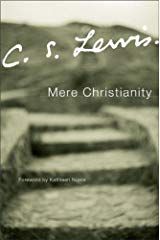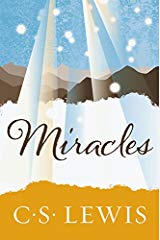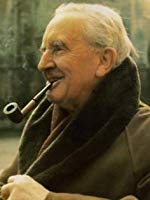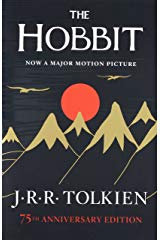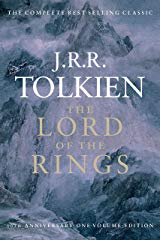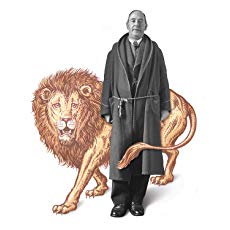
C. S. Lewis; Clive Staples Lewis was born November 29, 1898 to Albert Lewis and Florence Lewis in Belfast, Ireland. He had one brother, Warren (Warnie). He died on November 22, 1963 in Oxford, England.
At four years old, Lewis witnessed, his dog, Jacksie, killed by a car. After having seen that he declared that to honor his dog he would only answer to the name Jacksie, which he later agreed to shorten to Jack. To his friends and family he became Jack for the remainder of his life.
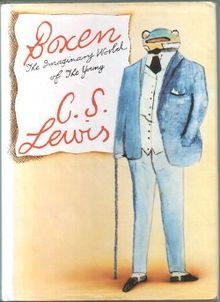
As a youngster he was schooled by private tutors until the age of nine which coincided with his mother’s death from cancer. He was then sent to board and study at Wynyard School in Watford Hertfordshire where his brother was already enrolled. When the school closed shortly afterwards he attended Campbell College in Belfast until he had to quit due to respiratory problems. He was sent to a health resort town, Malvern Worchestershire, and studied at Cherbourg House, a preparatory school. It was here that he abandoned his childhood faith and became an atheist, interested in mythology and the occult. Later he attended Malvern College for a short time and then studied with his father’s old tutor.
Throughout his teen years he was fascinated with Icelandic sagas. His love for nature grew and its beauty reminded him of stories of the North. As a young teen he and his brother wrote together and created the world of Boxen, inhabited and run by animals. Boxen: The Imaginary World of the Young
With growing older, he moved away from Boxen and wrote epic poetry and opera to try and capture his fascination with Norse mythology.Lewis was awarded a scholarship for University College, Oxford and within months of registering the British Army shipped him to France to fight in WWI. Several months later he was wounded and two colleagues were killed. He suffered depression and homesickness. Upon his recovery he was assigned to duty in Andover, England and later demobilized. Then he restarted his education.
After he returned from the war and received numerous honors he became a philosophy tutor at University College and later was elected a fellow and tutor at Magdalen College, where he served for 29 years. Eventually he returned to Christianity with the influences of J. R. R. Tolkien.
At the start of WWII he and his brother Warnie, took in child evacuees from London and other cities into his home, the Kilns as it was called. It was theorized that this is where he came up with the idea for The Narnia Series along with his childhood home, Little Lea. He tried to reenlist but was refused. During the war he spoke on religious programmes broadcast by BBC from London. Later these broadcasts were anthologized in Mere Christianity.
After the war Lewis accepted the chair of Mediaevel and Renaissance Literature at Magdalene College, Cambridge and remained there until his death. During this time he along with a circle of literary friends, that included J. R. R. Tolkien, Charles Williams, and Owen Barfield along with his brother, Warren started the Inklings.
In his later life he met and married Joy Davidman Gresham, an American writer. She divorced her alcoholic husband and moved to England with her two sons. When she passed away from cancer in 1960 he continued to raise her sons.
Besides writing the Narnia fantasies he also wrote Space Trilogy, science fiction for adults. His non-fiction featured such works as Mere Christianity and Miracles. He wrote more than 300 books that have been translated into more than 30 languages and have sold millions of copies. Some of his fiction have been seen on stage, TV, radio and cinema. His philosophical works have been cited by many Christian apologists.
Space Trilogy, science fiction for adults. The Narnia Series
C. S. Lewis, a multi-talented gentleman has left us a lasting legacy that will continue to inspire people for ages to come.
Photos from: https://www.amazon.com/C.-S.-Lewis/e/B000APXBPG
Information: https://en.wikipedia.org/wiki/C._S._Lewis



